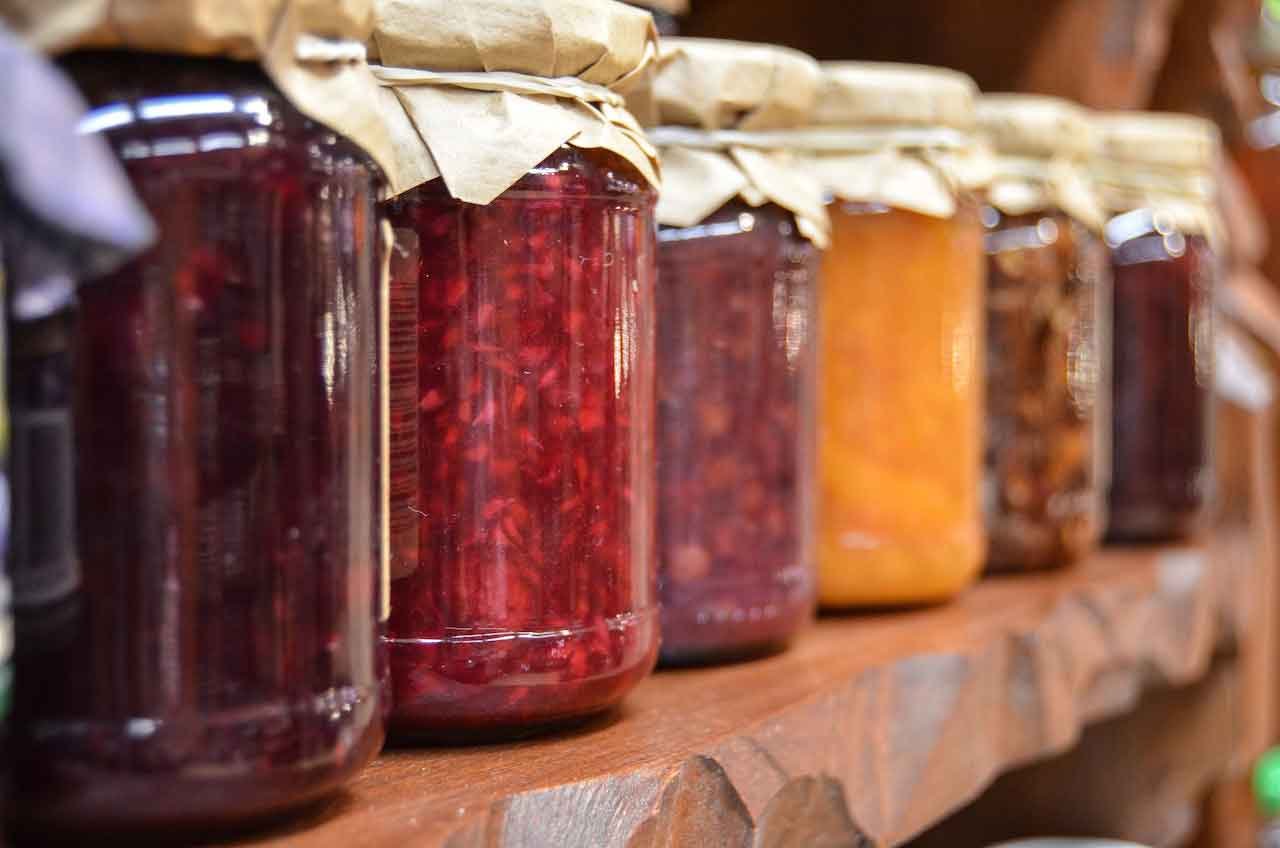Ensuring food security for yourself and your family is an important aspect of maintaining a healthy and sustainable lifestyle. There are several ways that you can prepare and take the necessary steps to protect your food sources.
One of the most effective ways to ensure food security is to grow your own food. This can be done through traditional gardening techniques or through the use of hydroponics or other advanced growing methods. By growing your own food, you can control the quality of the produce you consume and have access to fresh, healthy foods year-round. Additionally, growing your own food can help to reduce your reliance on grocery stores and other sources of food, which can be disrupted by natural disasters, economic downturns, or other unforeseen events.
Another way to ensure food security is to preserve and store food. Canning, freezing, and drying are all methods that can be used to preserve food for longer periods of time. By preserving food, you can ensure that you have access to a range of food options even when fresh produce is not available. Additionally, preserving food can help to reduce waste, as you can use up excess produce or other food items before they go bad.
In addition to growing and preserving food, it is also important to consider the source of your food. Choosing locally grown and produced foods can help to reduce the distance that food has to travel and can also support local farmers and producers. Additionally, choosing organic or sustainably produced foods can help to reduce the environmental impact of your food choices and support environmentally friendly farming practices.
It is important to have a plan in place for unexpected events or emergencies. Having a well-stocked pantry and a stockpile of non-perishable items can help to ensure that you have access to food in the event of an emergency. It is also a good idea to have a backup plan in place, such as a network of friends or family who can help to provide food if necessary.
Here are some levels of food security you can consider. Not all of these will be feasible for everyone, but at minimum some of these will help you to prepare for unexpected events.
KEEP NON-PERISHABLE FOOD: Canned meats, soups, vegetables and other long-lasting foods are critical for enduring periods with no access to fresh goods. Powdered milk, packaged pasta, cereals and granola bars are other good options.
ROTATE YOUR PANTRY: Buying non-perishable foods is the first vital step, but you also need to keep the food lasting as long as you can. Make sure to rotate the goods regularly so that you are using the oldest stock, and keeping the goods that are likely to last the longest.
GROW YOUR OWN FRUIT AND VEGETABLES: Growing your own fruit and vegetables is a reliable way to ensure that you have fresh, healthy foods available. Saving their seeds also ensures that you will keep this food source available for years to come.
FORAGE FOR FOOD: A great way to supplement food you grow yourself is to forage for goods. This is particularly useful if you have berries, mushrooms, nuts, tubers or even seafood available in your area.
PRESERVE FOODS: Growing and foraging may be a great way to obtain healthy foods, but it may be of limited use if you can’t also preserve the goods. Drying, canning, fermenting and freezing are all great options to make food last longer.
KEEP CHICKENS: Keeping chickens is one of the best ways to guarantee fresh, healthy eggs. And they are cute too! You can also keep chickens for meat if you have the stomach to butcher them when ready.
RAISE AND BREED LIVESTOCK: Not everyone has room for cattle and larger animals. But if you are among the lucky ones, raising and breeding livestock can provide a steady source of healthy dairy and meat. The most commonly raised animals include cows, goats and pigs. Hunting it another option to source meat if you are not able to raise your own.
